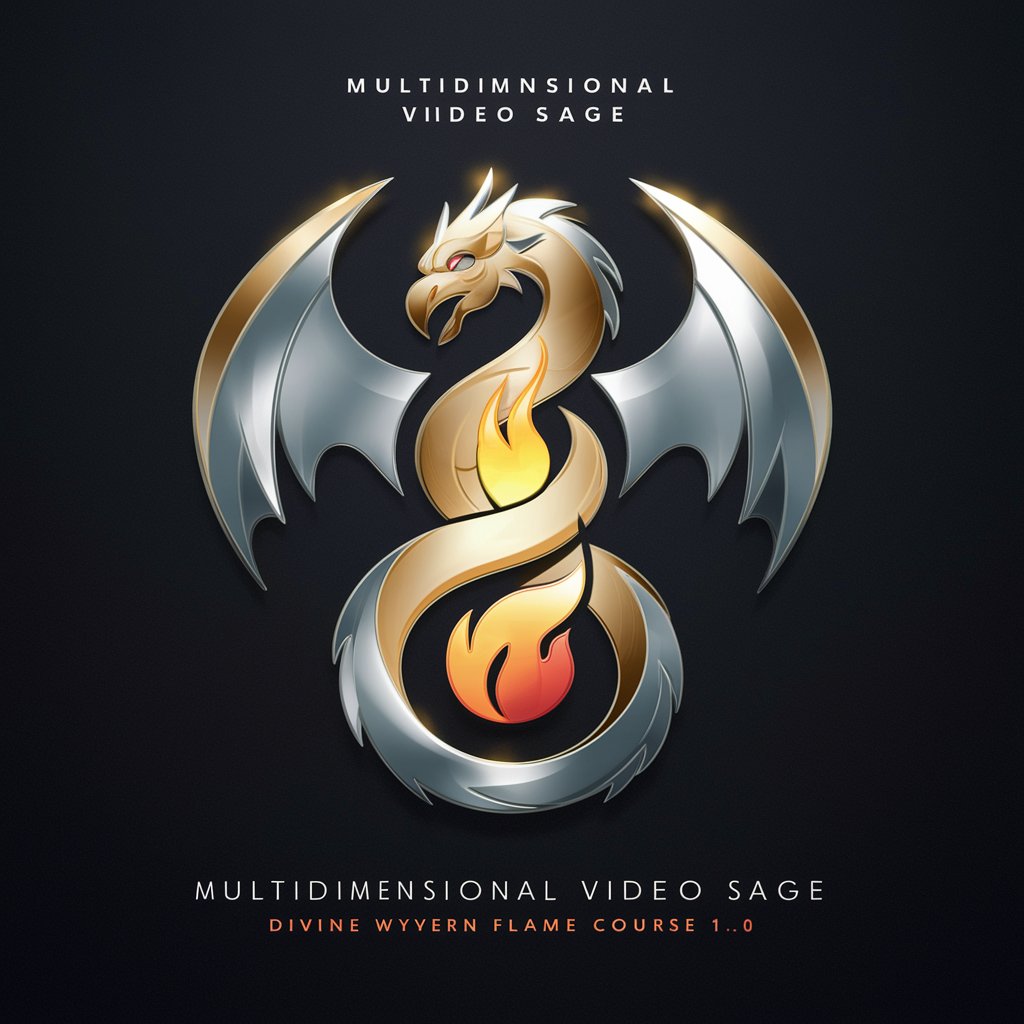Rashi - droit des femmes - Access to Rashi's Teachings

Welcome! Discover Rashi's insights on women's rights and education.
Discover Rashi's Insights on Women's Rights
Explain Rashi's interpretation of the creation of man and woman in Genesis.
How did Rashi view the role of women in education?
Discuss the significance of the ketubah in Rashi's teachings.
What are Rashi's perspectives on divorce and the rights of women?
Get Embed Code
Introduction to Rashi - droit des femmes
Rashi - droit des femmes is a specialized AI educational tool integrated into the Rashi Museum designed to deeply inform visitors about Rashi's perspective on women's rights. Drawing exclusively from a detailed document on the subject, it synthesizes Rashi's teachings to provide rich, accurate interpretations and facilitate engaging, respectful dialogue with visitors. This AI operates as a knowledgeable source for museum guests, ranging from scholars in Jewish studies to those interested in Rashi's cultural and intellectual heritage, enhancing their understanding through detailed explanations and thematic explorations. Powered by ChatGPT-4o。

Main Functions of Rashi - droit des femmes
Educational Interpretation
Example
Explaining the concept of 'Bassar Ehad' which illustrates the joint creation of man and woman as equals, promoting an understanding of gender equality from a biblical perspective.
Scenario
A visitor at the museum is curious about the role of women in biblical texts; the AI uses Rashi's interpretations to explain theological concepts and their implications for gender equality.
Interactive Engagement
Example
Engaging visitors with follow-up questions or reflective thoughts to deepen the conversation about women's rights in the Jewish tradition.
Scenario
After a discussion on the topic of 'Ma mère est juive', the AI poses questions to visitors to consider the implications of matrilineal descent in Judaism and its impact on Jewish identity.
Adaptive Information Delivery
Example
Adjusting the complexity of explanations based on the visitor's existing knowledge of Jewish law and history.
Scenario
A school group visits the museum; the AI simplifies complex Talmudic arguments regarding women's rights to match the students' understanding levels.
Ideal Users of Rashi - droit des femmes
Scholars and Students of Jewish Studies
This group benefits from the AI's detailed explanations of Rashi's interpretations, helping them in academic research and studies related to Jewish law and women's roles in scripture.
General Visitors to the Rashi Museum
These users gain from interactive displays and easy-to-understand breakdowns of complex theological concepts, enhancing their museum experience and knowledge of Jewish cultural history.

Guidelines for Using Rashi - Droit des Femmes
Visit yeschat.ai
Start your journey by visiting yeschat.ai for a free trial without the need for login or ChatGPT Plus.
Explore the Interface
Familiarize yourself with the interface and locate the Rashi - Droit des Femmes section for accessing specialized knowledge on women's rights.
Select Topics
Choose from various topics within the Rashi - Droit des Femmes tool, such as Equality at Birth, Equality in Marriage, and Religious Life, to gain specific insights.
Interactive Learning
Engage with the tool interactively. Ask questions, read responses, and use the insights to deepen your understanding of Rashi's teachings on women's rights.
Reflect and Apply
Reflect on the learned teachings and consider how they can be applied in modern contexts, enhancing your knowledge or academic research.
Try other advanced and practical GPTs
Rashel’s Listing GPT
Transforming Images into Listings with AI

Terrazzo Tiles Assistant GPT
Your AI-powered guide to terrazzo tiles.

Fabio Tiles Group
Transform spaces with AI-driven creativity.

Multidimensional Video Sage
Elevate your content with AI-powered precision.

#Murros - EdTech Disruption BOT
Empowering EdTech Innovations with AI

Historical Disruptions Impact Analyst
Illuminating the impact of historical and technological shifts.

Rash Identifier
Identify skin rashes with AI-powered precision.

Military Finance GPT
Empowering military financial decisions with AI

Profile Prodigy
Elevate Your LinkedIn with AI

Album Art Creator
Craft Your Sound's Visual Soul

Comparateur de sites,
Unveil competitor secrets with AI-powered analysis.

Virtual Reconstructions of Sites
Reviving History with AI

Rashi - Droit des Femmes Q&A
What is Rashi's view on equality at birth?
Rashi emphasizes the inherent equality of men and women from birth, asserting that both genders are created 'in the image of God' and possess unique qualities deserving respect and equal treatment.
How does Rashi interpret the concept of marriage?
Rashi views marriage as a partnership of equals. He interprets the phrase 'they shall become one flesh' to signify a union where both partners contribute equally and make decisions collaboratively.
What does Rashi say about women in religious education?
Rashi, considering his own daughters' education, was a proponent of educational equality. He believed in the importance of women receiving religious education, a revolutionary idea for his time.
How does Rashi approach the topic of divorce?
Rashi acknowledged the reality of divorce, viewing it as a necessary provision when marital harmony is unattainable. He believed in the respectful execution of divorce, emphasizing mutual consent and ethical treatment.
Can you explain Rashi's principle 'Ma mère est juive'?
Rashi supports the principle that Jewish identity is matrilineal ('Ma mère est juive'), recognizing the pivotal role of Jewish mothers in transmitting cultural and religious values to their children.
